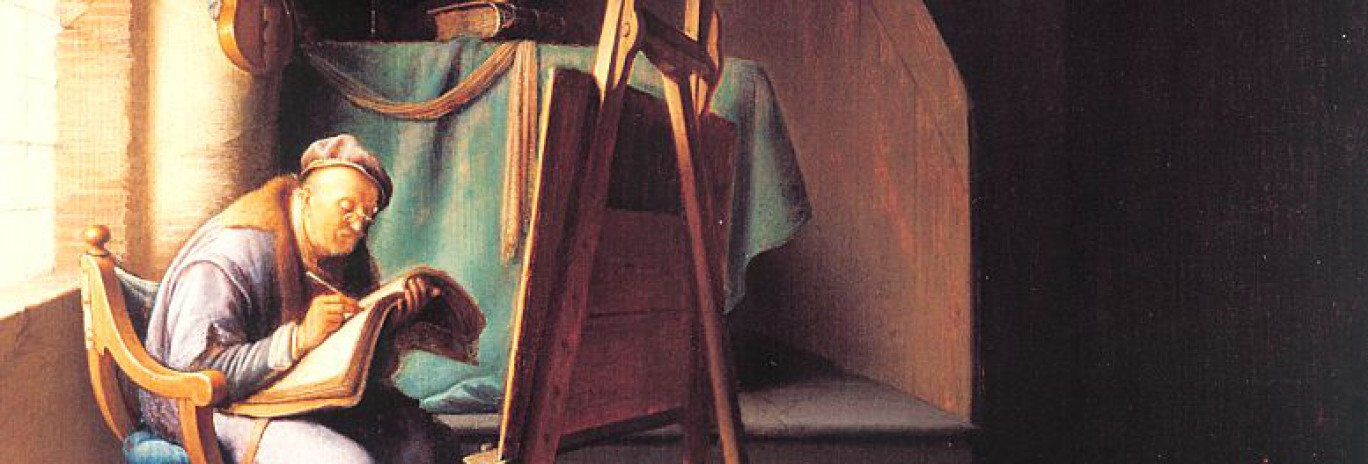Blogs
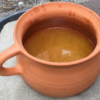
True Colors, or the Revelatory Nature of Cold
*This blog was cross-posted on the website of the Recipes Project on 06/12/2018* By Thijs Hagendijk Heat is transformative, brings about change, separates substances or bring them together. Every student of chemistry knows how to enable or enhance a chemical reaction by applying energy to a system, usually in the form of heat. Early…
Read more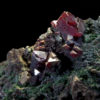
A Brief History of Making Copper Objects. Part 1: Extraction and Preparation
* This text is based on an essay originally written for the MSc in Conservation, UCL * By Mariana Pinto Since our project focuses on technique in the arts, I will dedicate the following three blog entries to techniques in the making of ancient copper objects and how they can be recognized by visual examination…
Read more
Stitching Texts, Stitching Bodies: On Printing Frankenstein (at 200)
Guest blog by Giorgina Paiella “Did I request thee, Maker, from my clay To mould me man? Did I solicit thee From darkness to promote me?” —John Milton, Paradise Lost; Epigraph to Mary Shelley’s Frankenstein On January 1st, 1818, Mary Shelley’s Frankenstein was first published anonymously in a 500-copy edition by the small London publishing…
Read more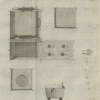
The ‘Gentle Heat’ of Boerhaave’s Little Furnace
*This blog was cross-posted on the website of the Recipes Project on 23/08/2018* By Marieke Hendriksen en Ruben Verwaal With the introduction of chemistry into the university curriculum in the late seventeenth century, new practical needs arose for students such as being able to perform experiments. Would it be possible to build a chemical…
Read more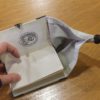
The Manual as Artifact: On Artists’ Manuals and Craftsmen’s Handbooks
*This blog was cross-posted on the website the History of Knowledge Blog on 04/06/2018* By Jenny Boulboullé On November 4, 1646, Sir Theodore de Mayerne (1573–1655), first physician to Charles I and the English Aristocracy, decided to spend his day away from his demanding patients and to devote his attention to the vibrant world of colors….
Read more
